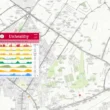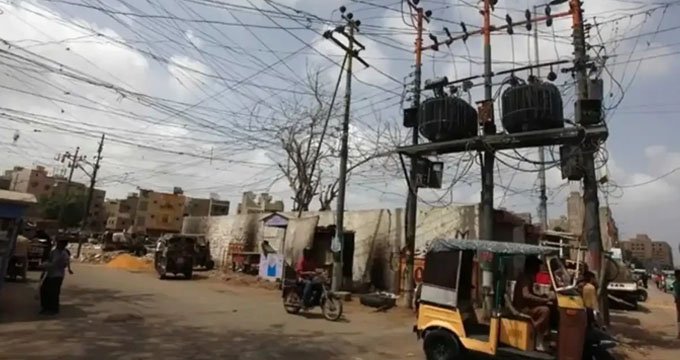A recent report by Surfshark, a virtual private network company, has revealed that Pakistan has been ranked third in the world for imposing internet restrictions during the first half of 2023. The report analyzed internet shutdowns using the Internet Shutdown Tracker and identified that Pakistan was responsible for three out of the 42 new restrictions worldwide.
The internet restrictions in Pakistan were implemented following the arrest of former Prime Minister Imran Khan on May 9. During this period, access to popular social media platforms like Twitter, Facebook, Instagram, and YouTube was limited in the country. Additionally, temporary cellular network disruptions were also observed across Pakistan for several days after the arrest.
The Surfshark report places Pakistan behind Iran and India as the top three countries leading in internet restrictions during the first half of 2023. The report emphasizes that Asia remains the focal point for most internet shutdowns globally.
Iran experienced the highest number of internet disruptions during this period, with 14 cases recorded in Zahedan during Friday protests over the Zahedan massacre. India closely trailed Iran, with at least nine cases of internet shutdowns, primarily occurring during protests.
Notably, the report mentions two separate internet shutdowns in ‘Jammu and Kashmir,’ which were ostensibly ordered by the Indian government. When included in the country’s tally, India’s count of internet shutdown instances increases to 11 during the six-month period.
According to Surfshark’s Internet Censorship Tracker, more than two-thirds of the new internet disruptions were triggered by public outrage over social and political issues, making the internet the primary battleground for disseminating information during periods of civil unrest.
The report further provides an overview of popular social media apps facing restrictions in 2023. Facebook encountered heavy restrictions in several countries, including Pakistan, where the platform has a history of government-imposed internet restrictions. Telegram, Instagram, and YouTube were also among the most-blocked social platforms, each facing restrictions in four countries.
Despite a decline in new internet disruption cases globally by 31% compared to the same period in 2022, the number of countries imposing restrictions increased from 13 to 14. Asia led the world for internet disruptions, accounting for 71% of new global cases. Throughout the year, an estimated 2.35 billion people experienced internet censorship.
The report highlights the need for continued vigilance to ensure internet freedom, particularly during times of social and political turmoil. As internet shutdowns and restrictions persist in different regions, governments and stakeholders must work towards promoting unrestricted access to information and communication platforms for citizens worldwide.









